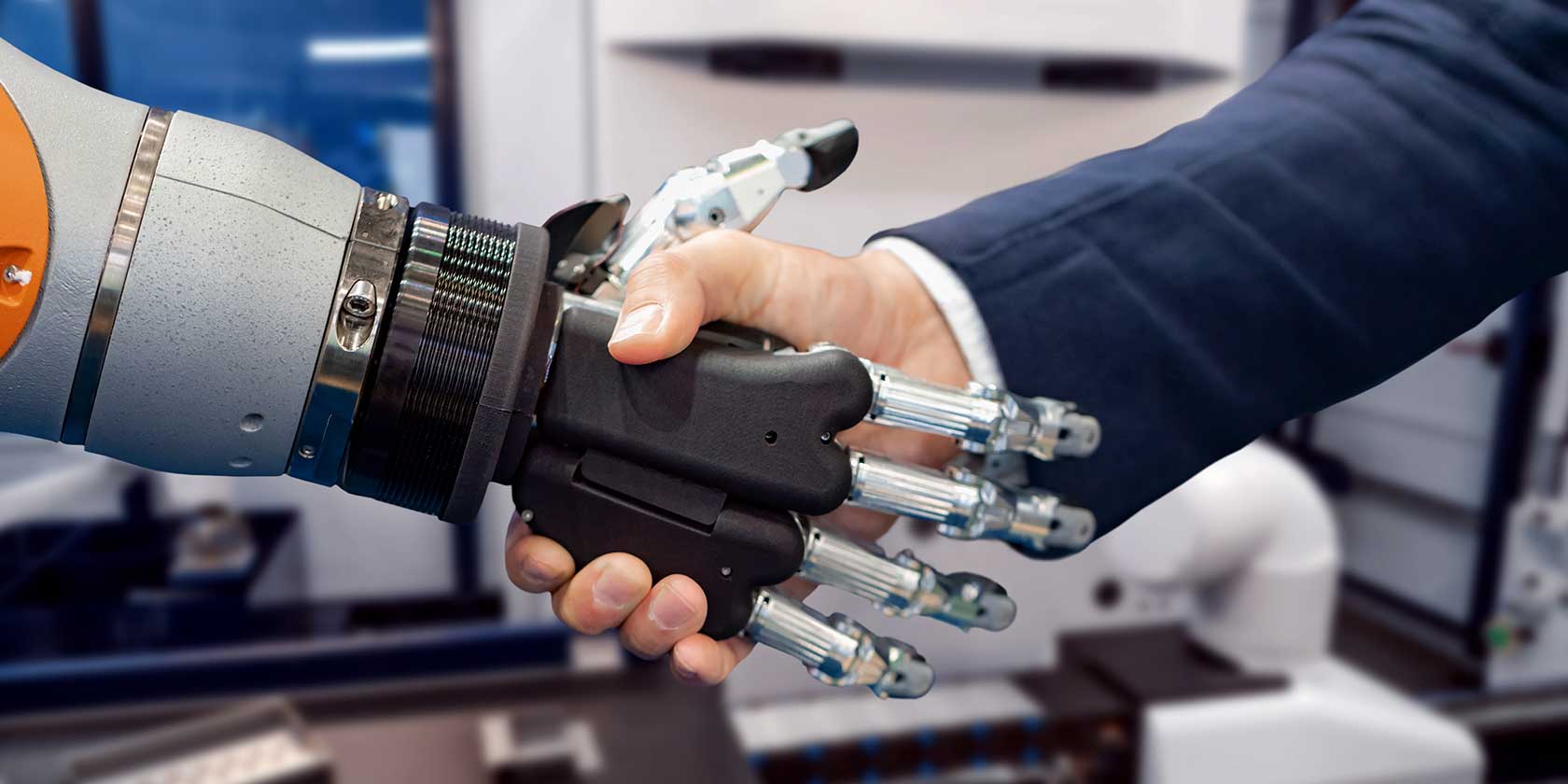Even though Artificial Intelligence (AI) has been used within the e-discovery process for the better part of a decade, this type of technology is capable of far more. Complex litigation tasks such as legal research, drafting pleadings, and predicting judicial decisions can all be processed by machine learning software in a fraction of the time it would take a human. That’s without mentioning the savings on costs!
So if AI can increase efficiency, reduce costs, and improve performance during the litigation process, why are as little as 10 percent of lawyers making use of AI-powered tools as reported by the American Bar Association? One reason seems to be a lack of understanding surrounding what machine learning can and cannot do.
How Can AI Improve Your Litigation Performance?
There are three main areas where AI can make an impact outside the realms of e-discovery and document review, where machine learning is now commonly used. The first of which is legal research.
Perform the best possible legal research at a lightning-fast speed
There are now plenty of AI-driven tools in this area. Gone are the days when associates had to formulate clunky searches with online tools that had to contain every keyword imaginable relating to a case, lest they missed an entire category of case law. Now lawyers can use just plain English to describe the legal issues, and AI-powered tools such as Casetext or Judicata will locate the most relevant cases for supporting a specific legal argument. Some programs even allow users to upload a brief which the software analyzed and then returns case law information on the legal positions within the case.
Better predict legal outcomes
When asked by a client to predict the likelihood of success and costs associated with a case, lawyers rely on their experience to frame their answers. But what if you could give an answer based on the massive information contained within the court system, including opinions, orders, and jury verdicts? Thanks to AI, you can.
Machine learning algorithms can go back through decades of data to deliver beneficial insights on the likely outcome of a case. This data-driven analysis helps attorneys to give their clients better advice, better understand the risks and costs to the firm, and generate higher-performing legal strategies based on previous successes.
Generate pleadings on auto-pilot
Lawyers can now use AI to generate responsive pleadings, discovery responses, and other related documents with just the upload of a complaint or discovery request coupled with jurisdictional requirements. LegalMation is just one of many AI vendors whose product generates the most routine of legal documents (such as answers and responses), in a mere matter of minutes, freeing up lawyers for much more critical litigation tasks.
So What Can AI Not Help With?
AI is brilliant and speeding up mundane and repetitive tasks, freeing up both time and resources to commit to the more crucial aspects of litigation. And it’s perhaps those aspects that AI cannot help with as much. The technology, as it is, cannot strategize, it cannot negotiate, it cannot think creatively, nor can it apply common sense or human judgment. Those tasks are still very much best performed by humans.
Yet even then, it can help. While a human still must author a brief, AI can improve it. While machine learning cannot produce a legal strategy on its own, it can show you what has worked in past cases. Even though AI performs best in everyday tasks, there are ways it can help with the more complex processes within litigation.
Final Thoughts: Why Adoption is Essential
AI can cut through the labor-intensive nature of the litigation process by giving the ability for lawyers to hand off the mundane tasks to machine learning algorithms. Not only can they perform them quicker, but they can also deliver better results. Yet lawyers seem to fear the entry of this type of technology into the legal arena.
This is perhaps the crux of the matter. Lawyers must realize that AI is not there to replace them; it’s there to help them perform even better. Today, lawyers can devote their minds to strategy, critical and creative thinking, and negotiation while technology is doing the heavy lifting in the background. Those who fail to adopt the power of AI over the coming decade will get left behind. It’s time to stop resisting and instead start embracing the dawn of a new age.
Thanks for reading! If you enjoyed this article, let us know in the comments and feel free to share it on social media! Please contact us with any questions or concerns. At First Legal, we’re here for you from File Thru Trial™!





